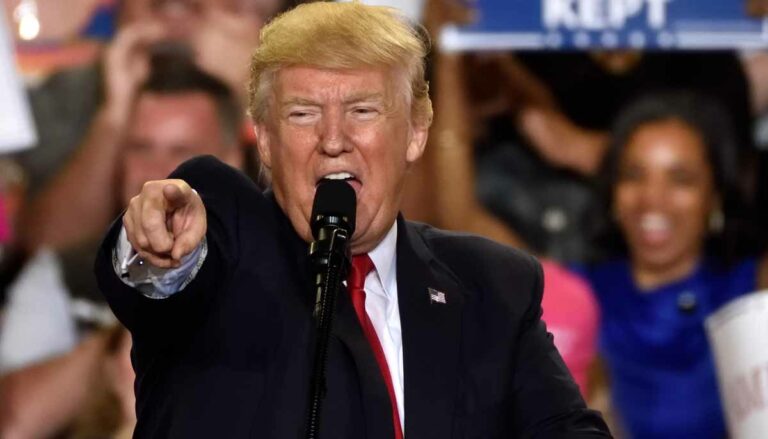Throughout 2020, pollsters were adamant that national polling indicated a “blue wave” was coming to sweep away the Trump Administration and Republican leadership in the Senate. However, no such wave materialized: while Joe Biden won the presidency, it was by narrow margins in some states.
Democrats held the House, but only just: they actually lost ground to Republicans in races that many anticipated would be easy victories.
The Senate is still up in the air, pending two runoff election in Georgia in January. Should Democrats flip both of those seats, they’ll hold the slimmest of margins: a 50-50 split with the tiebreaking vote being Vice President-elect Kamala Harris.
This is hardly a “blue wave,” and, indeed, shows just how tight the general election was—and how wrong pollsters were. The reasons for (yet another) systematic breakdown in polling are still being ironed out by survey research experts, but one fact remains: however messy the election was, Donald Trump lost.
Trump’s Grip
Since his sudden eruption into politics in 2015, Donald Trump has been a destabilizing force. Pundits have likened him to Joe McCarthy, Ross Perot and other forceful “cult of personality” leaders on the right.
Like Perot and McCarthy, Trump campaigned on a populist message and aimed the discontent of rural America at an elite class that he deemed out of touch. Despite initial resistance from the establishment of the Republican Party, Trump won the primary in 2016 and found himself ascendant and at the head of the table.
Voice like that of Lindsay Graham went from critic to supporter, seemingly overnight. Some described Trump as “hijacking” the Republican party, while supporters maintained that the candidate had simply realigned the party to the demands of the average Republican voter.
Post-Trump
However, following Trump’s defeat at the hands of Joe Biden in the general election, it will be difficult for Donald Trump to maintain a grip on the Republican Party. Outside of public office, he won’t be afforded the same airtime and privileges he is as president.
Some close to Trump have noted trepidation about the numerous criminal cases pending against the president that may be resolved once he leaves office.
Some pundits speculate that Trump might run again in 2024. However, this would be somewhat unprecedented: one-term presidents typically fade from the public eye quickly following their defeats. Trump has been unique, baselessly claiming that the election was rigged without offering evidence, essentially giving himself an excuse as to why he was defeated.
However, whether this will allow him to maintain his vice-like grip on the Republican Party remains to be seen. Historically, figures like McCarthy and Perot fizzled out shortly after they no longer held any power. Will Trump’s story be the same?





